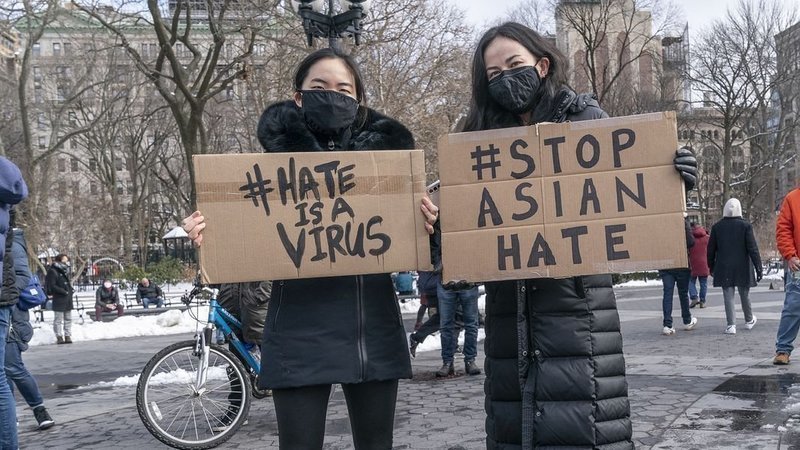An intellectual or developmental disability shouldn’t have any effect on your access to necessary medical care, but patients with Down syndrome and other conditions routinely face organ transplant discrimination. Now states and the federal government are taking on the rights of disabled Americans, to make sure they have equal access to the organ transplant list.
Transplant Centers Pass Over Patients with Other Disabilities
It might seem like medical professionals would be the last people to discriminate against someone because they had a disability. You might assume that doctors, medical facilities, and researchers would understand comorbidity and the need for people with disabilities to have access to necessary, life-saving treatment like organ transplants.
It is common for people born with Down syndrome to also have heart conditions. The National Down Syndrome Society says about half of all infants born with the syndrome have a heart defect. Many of these children and their families face a long journey of surgeries and other medical treatments. However, when those surgeries aren’t enough many find themselves in need of an organ transplant.
Unfortunately, in many parts of the country, those disabled individuals may not get access to the life-saving treatment they need. They may be passed over or screened out of eligibility for organ donation based on unfounded assumptions about their quality of life and ability to follow post-operative care instructions.
Disability advocates have known about the problem for a while. In 2008, researchers at Stanford University surveyed 88 transplant centers across the country. It found that 85% of pediatric transplant centers consider intellectual or developmental disability as one of their eligibility criteria. In heart transplant programs, 71% said they “always” or “usually” considered intellectual and developmental disability diagnosis before adding a patient’s name to the organ transplant list.
More recently, in 2019, the National Council on Disability issued submitted a five-report series called Organ Transplants and Discrimination Against People With Disabilities to then-President Donald Trump. That report “focuse[d] on how the historical and continued devaluation of the lives of people with disabilities by the medical community, legislators, researchers, and even health economists, perpetuates unequal access to medical care, including life-saving care.”
States Fight Back Against Organ Transplant Disability Discrimination
The Americans with Disabilities Act and Section 504 of the Rehabilitation Act make it illegal to discriminate against someone because they have a disability. However, many medical professionals and organ transplant centers continue to do it, apparently unaware that the anti-discrimination laws apply to the organ transplant process.
The National Down Syndrome Society has been working to increase visibility of the issue, and improve state-level protections against organ transplant disability discrimination. They have advocated for additional anti-discrimination laws in 15 states, including California, New Jersey, Maryland, Massachusetts, Oregon, Delaware, Kansas, Ohio, Pennsylvania, Washington, Louisiana, Indiana, Missouri, Iowa, and Virginia.
One NDSS advocate, Charlotte Woodward is an organ transplant recipient herself. Woodward, who has Down syndrome, received a heart transplant to correct an atrioventricular heart defect that left a hole in the wall between her heart’s chambers, and flaws in its valves. After multiple surgeries, Woodward was told she would need a transplant. Unlike many in her condition, Woodward’s doctors advocated for her to be put on the transplant list. She had the heart transplant operation 11 days later.
Now Woodward is an advocate against organ transplant discrimination. Woodward told Forbes:
“Many people with Down syndrome in society aren’t considered to be candidates for an organ transplant, and that begs the question, whose lives are valuable?”
She told her story in front of the Virginia health committee in 2020, which played a key role in the state passing organ transplant legislation later that year.
Congress Takes Up Organ Transplant Legislation
Now Ms. Woodward is being asked to take her advocacy to the national level. Representative Jamie Herrera Beutler, a Republican from Washington State’s 3rd district, is working to propose anti-discrimination organ transplant legislation to the U.S. House of Representatives. She and her co-sponsor, Katie Porter, a Democrat from California’s 45th district are working to increase protections for Americans with disabilities’ access to medical care.
“Only a handful of states have laws barring [organ transplant] discrimination; it’s time to give all Americans with disabilities access to the gift of organ donation,” Rep. Herrera Beutler said.
The federal bill is called the Charlotte Woodward Organ Transplant Discrimination Prevention Act. If it becomes law, it would prevent doctors, hospitals, transplant centers, and other healthcare providers from denying someone an organ transplant based on a disability diagnosis. Instead, medical providers would be required to consider the likelihood of transplant success and to provide aftercare support to those with disabilities. The bill also includes streamlined procedures for challenging organ transplant disability discrimination, so that the legal process does not interfere with a person receiving appropriate medical care.
The Charlotte Woodward Organ Transplant Discrimination Prevention Act was introduced on December 16, 2020. It will likely be reintroduced in the new legislative session. It will then be referred to the House Energy and Commerce committee for consideration, and possibly additional testimony from Charlotte Woodward herself.
Americans with disabilities don’t have to wait for the new legislation to become law. If you are facing disability discrimination by a doctor, transplant center, or your employer, the ADA and the Rehabilitation Act already give you options. At Eisenberg & Baum, LLP, our New York-based discrimination attorneys represent individuals who face systems designed to work against them. We can help you file an ADA complaint and get you access to the medical care you deserve. Contact us today to schedule a consultation.










